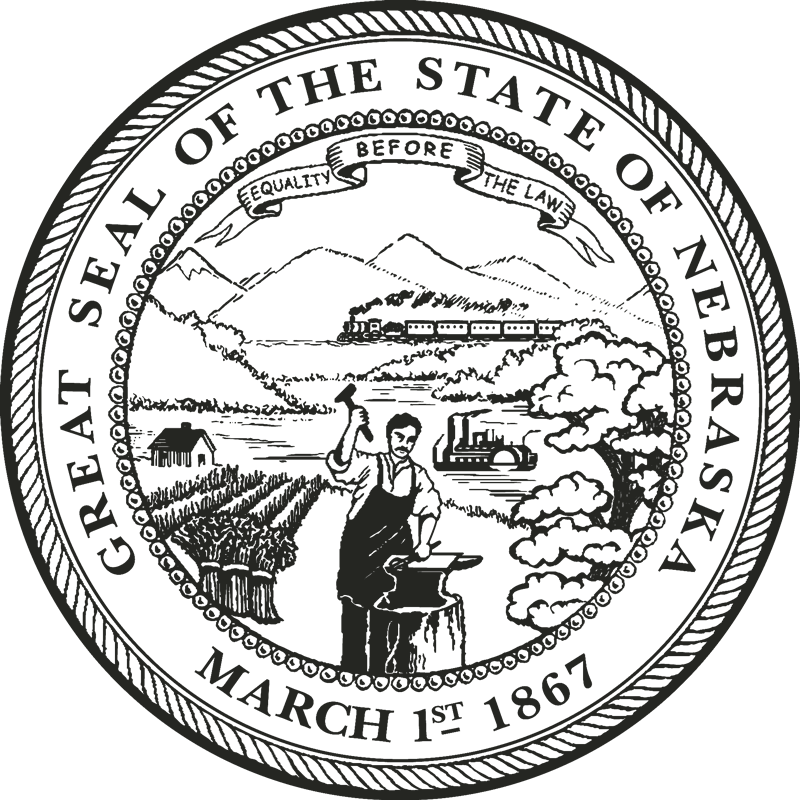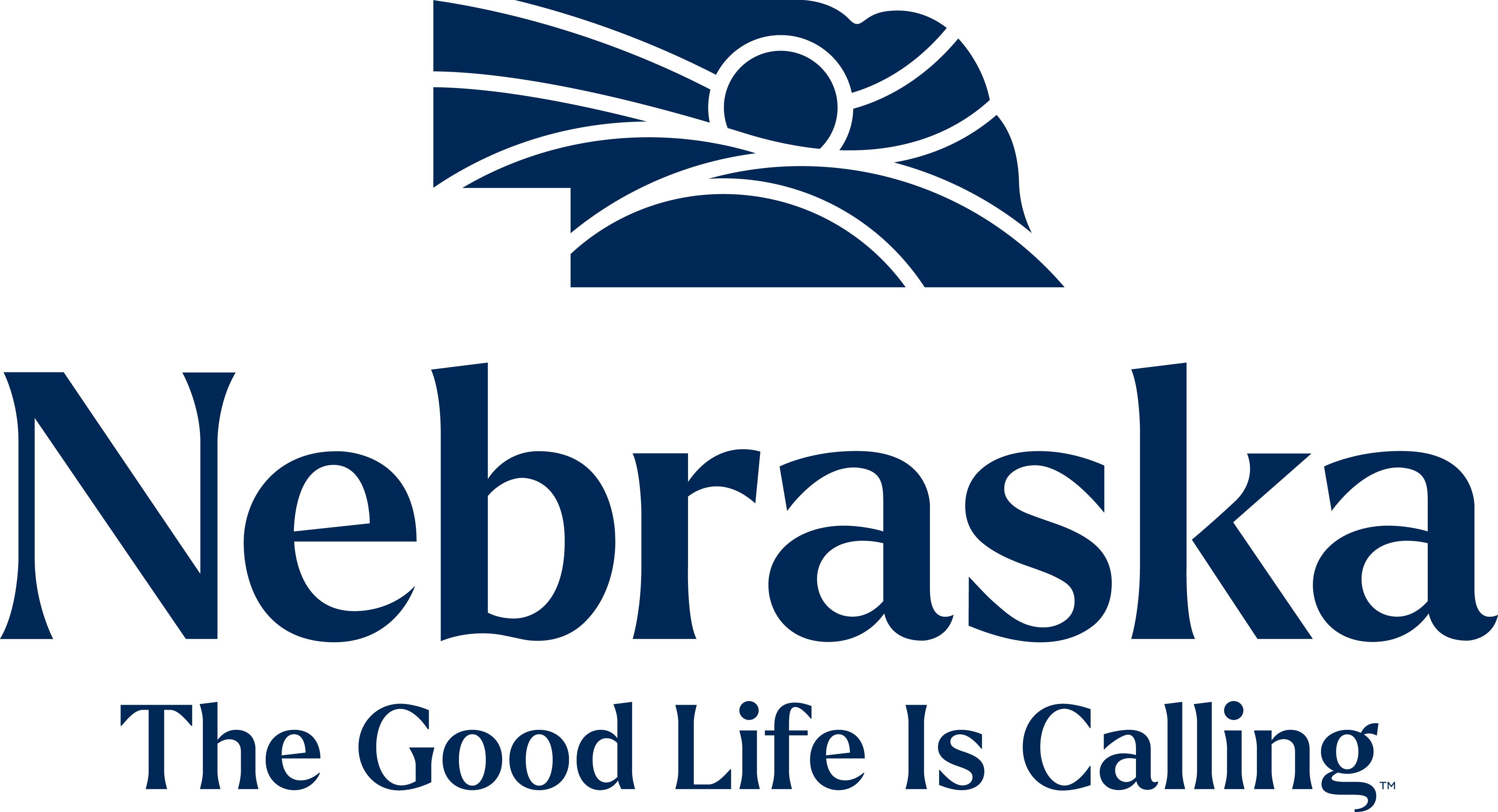Home / Programs / Economic Recovery /
Pandemic Relief Housing Program

The Coronavirus State and Local Fiscal Recovery Funds provides federal grant relief to households and individuals disproportionately impacted by the COVID-19 pandemic by developing, repairing, and operating affordable housing and services or programs to increase long-term housing security. The Pandemic Relief Housing Program provides support to families struggling with the public health and negative economic impact of the pandemic. Refugee populations are typically low- or moderate-income and are presumed disproportionately impacted households. These populations may also have experienced increased food and/or housing insecurity resulting from the pandemic.
The Pandemic Relief Housing Program will provide awards to eligible nonprofit organizations to develop affordable housing including rental, homeowner and homebuyer projects, including single and multi-family new construction, rehabilitation, conversion, and down-payment assistance.
If you are a renter/tenant seeking rental and utility assistance: The Department of Economic Development does not provide tenant-based rental and utility assistance. Please refer to one of the resources below depending on where you live in Nebraska. These organizations will provide information regarding the Emergency Rental Assistance Program and when assistance may become available in your area.
|
If you live in Douglas or Sarpy County (including City of Omaha): Metro Area Continuum of Care for the Homeless (MACCH) |
If you live in Lancaster County (including City of Lincoln): All Doors Lead Home Continuum of Care (ADLH) |
If you live anywhere else in the State of Nebraska: Nebraska Investment Finance Authority (NIFA) |
Eligibility Information
What Can the Grants Be Used for?
Funds awarded by the Pandemic Relief Housing Program may be used by 501(c)3 nonprofit organizations which develop affordable housing, including housing for refugees and other such immigrants. A refugee is an individual who is located outside of the United States, is of special humanitarian concern to the United States, demonstrates that they were persecuted or fear persecution due to race, religion, nationality, political opinion, or membership in a particular social group, is not firmly resettled in another county and is admissible to the United State (see § 101(a)42 of the Immigration and Nationality Act.) “Other such immigrants” is defined as all other individuals that have a recognized immigration status enumerated within Title 8 of the U.S. Code, Immigration and Nationality Act, that validates residency within the United States.
Housing developed under this program shall be for households with an income at or below 185% of the most recent poverty guidelines published by the United States Department of Health and Human Services (DHHS) and shall be located in disproportionately impacted geographies or be located in a qualified census tract (QCT), or serve refugees and other such immigrants exclusively.
QCTs are any census tract designated by HUD that either
- Has at least 50 percent of the households with an annual income less than 60 percent of the area median gross income; or
- Has a poverty rate of at least 25 percent.
Please refer to the map of the Nebraska QCTs below or at https://www.huduser.gov/PORTAL/sadda/sadda_qct.html
Who is Eligible to Apply?
501(c)3 nonprofit organizations located within the State of Nebraska that develop affordable housing, including housing for refugees and other such immigrants.
Important Definitions
Disproportionately impacted: Entities are those that experienced disproportionate public health or economic outcomes from the pandemic. The Nebraska Department of Economic Development (DED) determines that the households of refugees and other such immigrants were disproportionately impacted by the COVID-19 public health emergency.
The State has identified the following counties as disproportionately impacted:
| Arthur County | Franklin County | Merrick County |
| Boone County | Frontier County | Morrill County |
| Box Butte County | Gage County | Nemaha County |
| Boyd County | Garden County | Pawnee County |
| Brown County | Greeley County | Phelps County |
| Butler County | Harlan County | Polk County |
| Cherry County | Holt County | Red Willow County |
| Cheyenne County | Hooker County | Richardson County |
| Custer County | Howard County | Scotts Bluff County |
| Dakota County | Jefferson County | Sherman County |
| Dawes County | Kimball County | Valley County |
| Deuel County | Lancaster County | Wayne County |
| Dixon County | Lincoln County | Webster County |
| Dundy County | Logan County | Wheeler County |
Application Information
At least one-half of the funds distributed shall be awarded as grants to organizations located in counties with a population of fewer than 100,000 residents as determined by the most recent federal decennial census. The following allocations are available in the second application round, subject to the various program restrictions:
- Rural Allocation: at least $3,000,000
- Metropolitan Allocation: up to $790,000
Pandemic Relief Housing Program
Second Application Period:
Second Application Cycle
Required Letter of Intent Due: April 12, 2023
Application Due: June 1, 2023
Anticipated Award Date: July 2023
Period of Performance: 3 years from the date of Award
Program Resources
| Title | File Type | Date |
|---|---|---|
| 00 Policy Memo 24-02: Required Documents for Reimbursement | May 16, 2024 | |
| Authorization to Request Funds Template | Word | December 26, 2024 |
| Comparing DHHS Poverty Limits to HUD Income Limits | January 5, 2023 | |
| Letter of Intent Template | March 29, 2023 | |
| Pandemic Relief Housing Program Manual | March 18, 2024 | |
| PRH Homebuyer – Document Checklist | Word | August 25, 2023 |
| PRH Homeowner Rehab – Document Checklist | Word | August 2, 2023 |
| PRH Reimbursement Request Form | September 20, 2023 | |
| PRH Rental Housing – Document Checklist | Word | February 15, 2024 |
| Title VI – Assurance of Compliance with Civil Rights Requirements | June 4, 2024 |
Grant Management Resources
This page will provide technical assistance on using AmpliFund to apply for and manage grants awarded by DED.
Stay up to date on the latest news.
Subscribe to the Pandemic Relief Housing Program email lists here.
Have questions?

